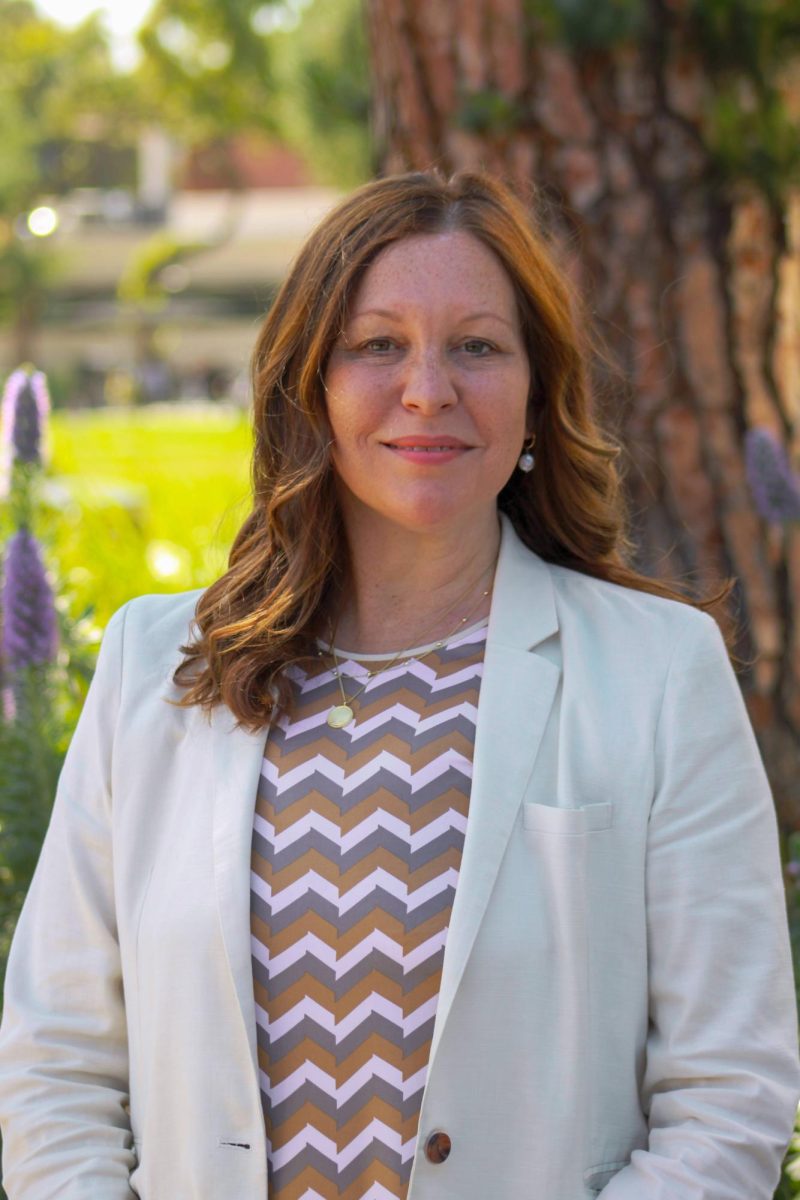Reporter
Heavy sighs can be heard all around the world, a collective sigh of relief. Presidential elections are coming to a close, sealing the U.S.’s fate for the next four or so years. Winter is coming and it brings with it the last chance to vote in 2016.
Ivy Cargile, who was hired this semester as an assistant professor in political science, discussed the significance of voting.
“Voting is very important,” Cargile said. “It is the pinnacle in terms of political participation, the culmination of donating, canvassing for a party, or having a conversation about politics. It is how we express our civic duty. If you don’t vote, it can hurt you. It can hurt your pocket, your income, and your health care.”
Cargile discussed how voting turnout has drastically declined over the years. She explained how Americans tend to be concerned with the presidential ticket only or don’t exercise opportunity.
“People don’t exercise preference,” Cargile said. “Candidate A is chosen when Candidate B was the better choice. But no one or a small percentage showed up or voted for Candidate B.”
According to Cargile, 18-29 year old historically have not been very plugged in to voting.
“Most 18 year old are worried about their first year of college not public policy,” Cargile said, “but is it important because they might be paying for a war in Syria at 45 years old. They need to know and care about it.”
She added that debates are hosted on news television, yet most 18-29 don’t watch such television and miss important election news.
Statistics from Shoren Stein Center confirm Cargile’s statement. A Harvard University study found that among people aged 18 to 30, 49 percent said they are inattentive to daily news. Only 23 percent of older Americans said they largely ignore news.
The study found that soft stories about celebrities interest young people more than hard news stories like congressional votes or developments in Iraq.
Freshmen computer science major Josh Douglas, 18, often watches the news and started voting the minute he was legally able to.
“Voting is a right that I have and in no other country can I exercise it the same way,” Douglas said. “The government has certain powers, but voting gives the power to the people. We have a say in what happens to the government; voting is that voice.”
Douglas explained how many individuals don’t vote and are ignorant of who the candidates are. He said those people just vote for someone who promises free handouts. He described how not voting would take power away from the people and create a dangerous situation.
“We would have a president that would become a dictator,” Douglas said. “In essence, it would be like anarchy where the government could do whatever it wanted. It could take away our constitutional rights.”
Voting is one of those constitutional rights, one that came at a significant cost. Cargile noted this historical significance.
“I just think how many people have died so we can have the right to vote?” Cargile said.
“People have put their life on the line for this. The least I can do to pay homage is do two hours of research. And if those people had the audacity to put themselves on the line, the least I can do is vote.”







